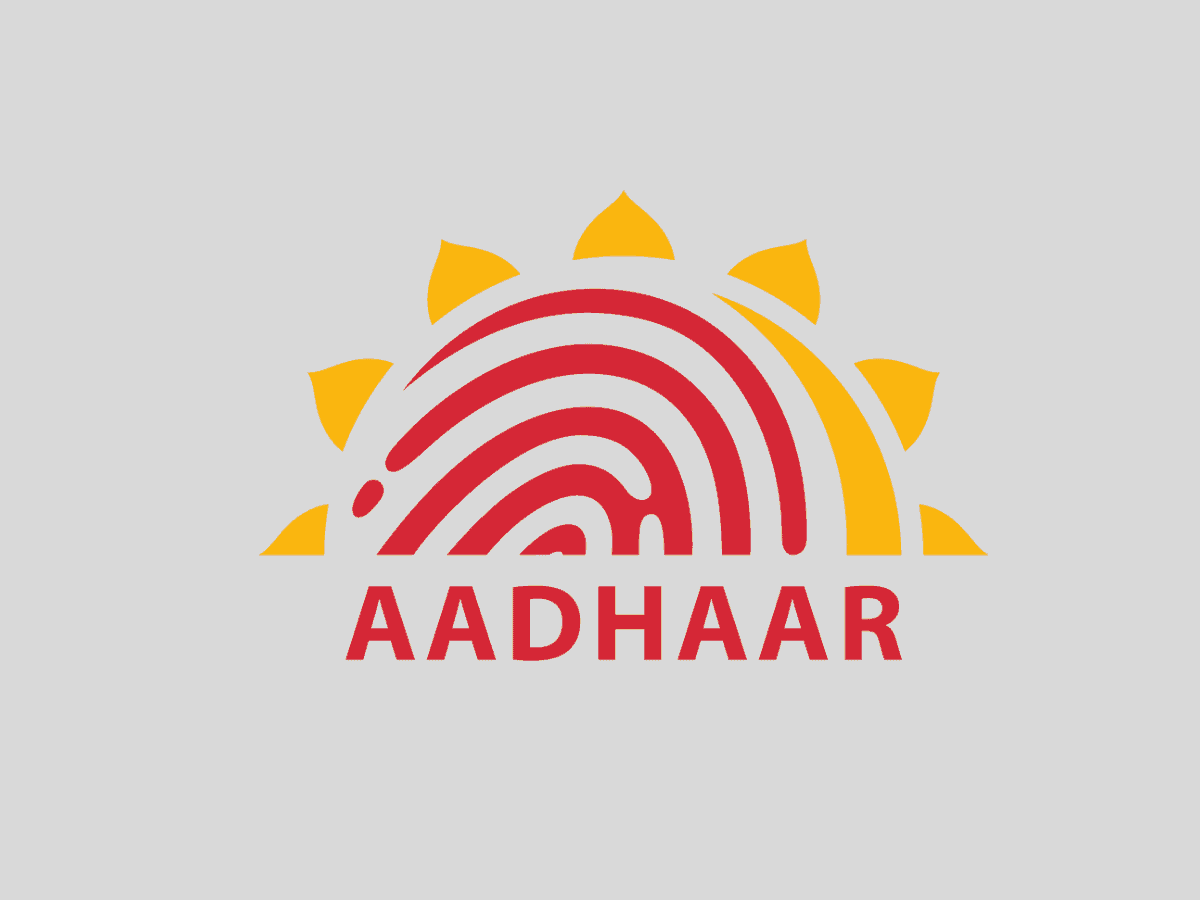
Hyderabad: The Unique Identification Authority of India (UIDAI) on Sunday withdrew a warning that they issued earlier on the same day. The earlier warning advised the general public to not share photocopies of ‘Aadhar‘ card with any organisation as it can be misused.
However, that was withdrawn “in view of the possibility of the misinterpretation.”
Following the initial warning, many citizens opined on social media that the message was released far too late, as citizens have been submitting photocopies of their individual Aadhar cards in many organisations.
In the initial statement, UIDAI advised that if necessary, a ‘masked Aadhar’ (an option which was introduced in October 2018, well after Aadhar information of crores of people made it to the public domain), which only shows the last four digits of the Aadhar number, should be shared.
Following the widespread criticism and subsequent withdrawal of the statement, the new statement said that Aadhaar card holders are only advised to exercise normal prudence in using and sharing their Aadhaar numbers.
“Aadhaar Identity Authentication ecosystem has provided adequate features for protecting and safeguarding the identity and privacy of the Aadhaar holder,” they said.
Hyderabad-based data and privacy researcher Srinivas Kodali said that notwithstanding the main problem of identity theft which is a possible outcome of data abuse, financial fraud is also something to worry about.
“Aadhar details can be used for a host of things. For example, someone can check into a hotel using your name, or take out a loan with your details leaving you liable to the loan payments.”
He added that Telangana police were the first to acknowledge that Aadhar-related biometrics can lead to bank frauds. “People were asked to block their biometrics, accepting that there are possibilities of Aadhar-related frauds.”
Kodali said that with Aadhar and biometric data, individuals can withdraw money during transactions related to ration card. “You don’t get a notification when your Aadhar card is used by someone else,” he pointed out.
The privacy concerns surrounding the use of Aadhar cards have been around since many years. In 2018, UIDAI faced scrutiny of the Supreme Court on the issue.
In its final judgement, the Supreme Court stated that the Aadhar Act does not violate the right to privacy when a person agrees to share his biometric data. However, private companies were barred from making use of Aadhaar card for the purpose of KYC authentication.
